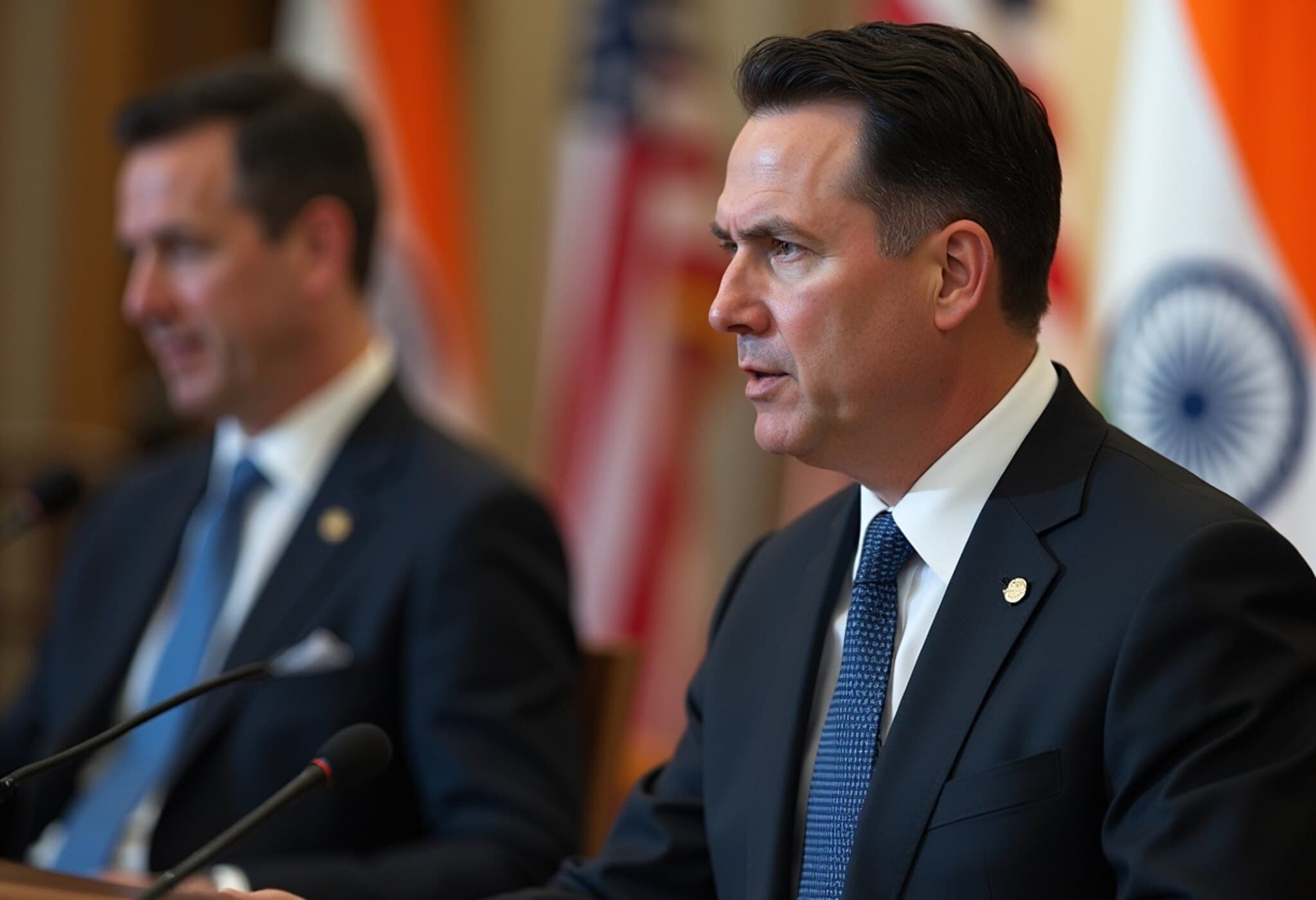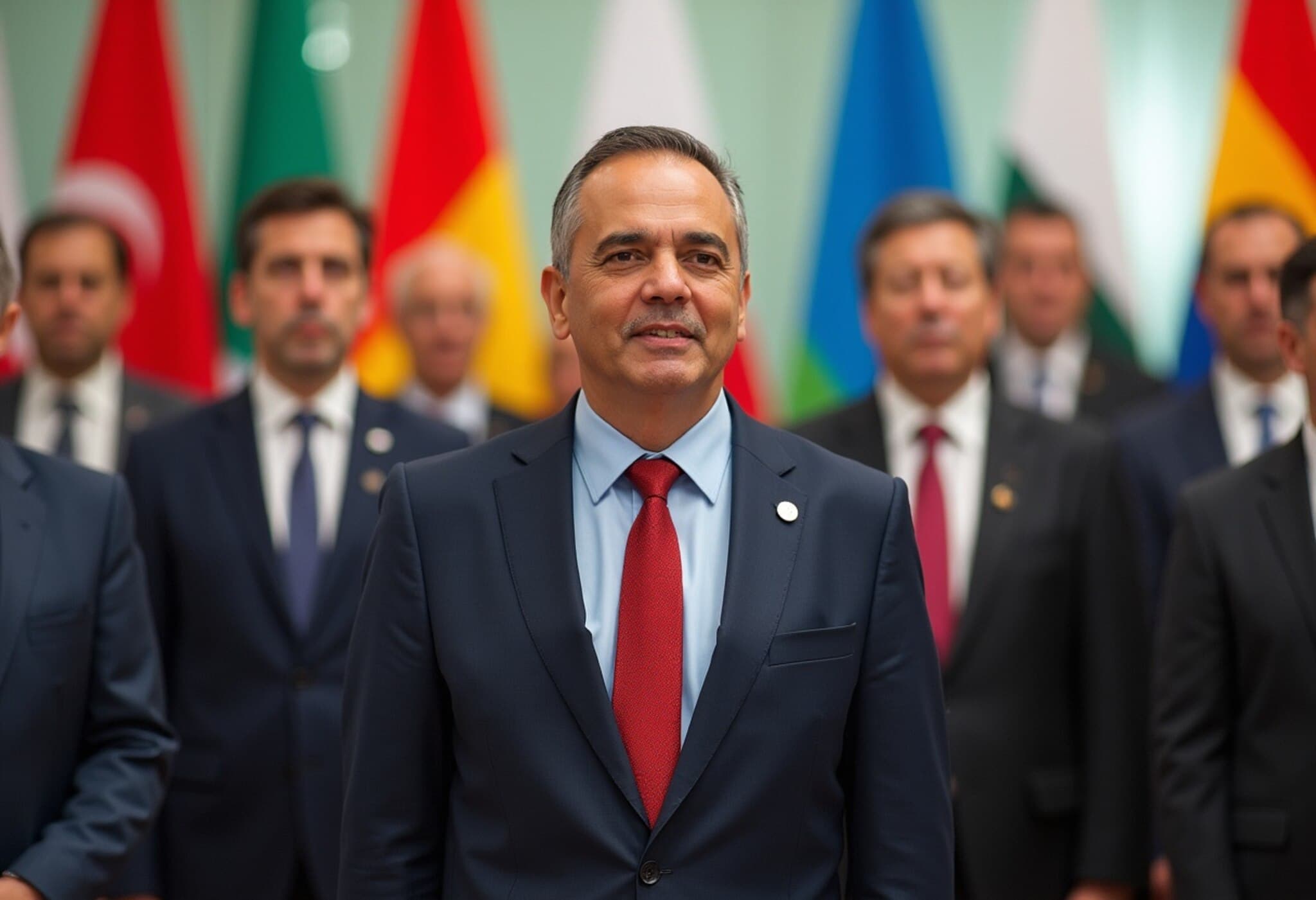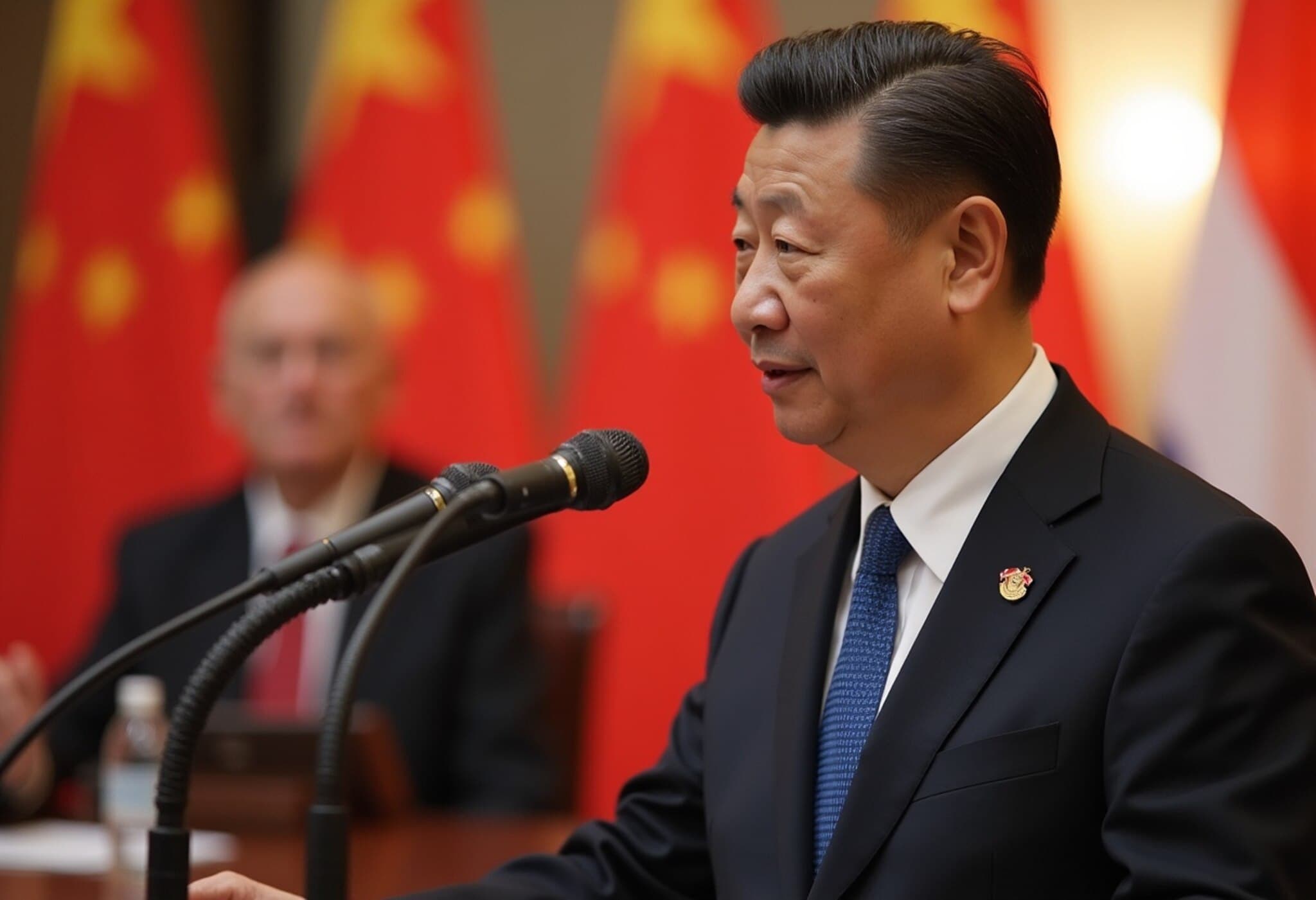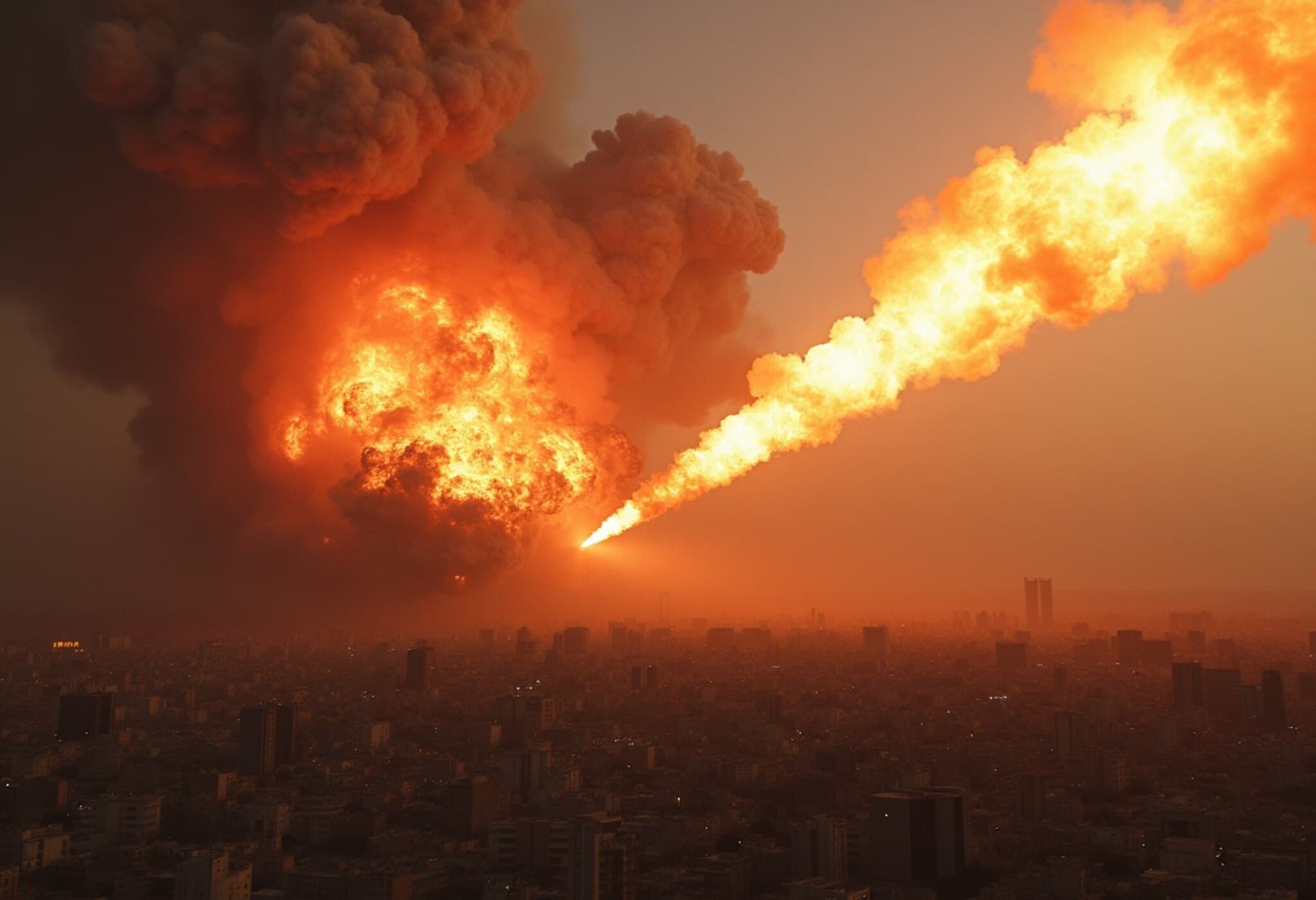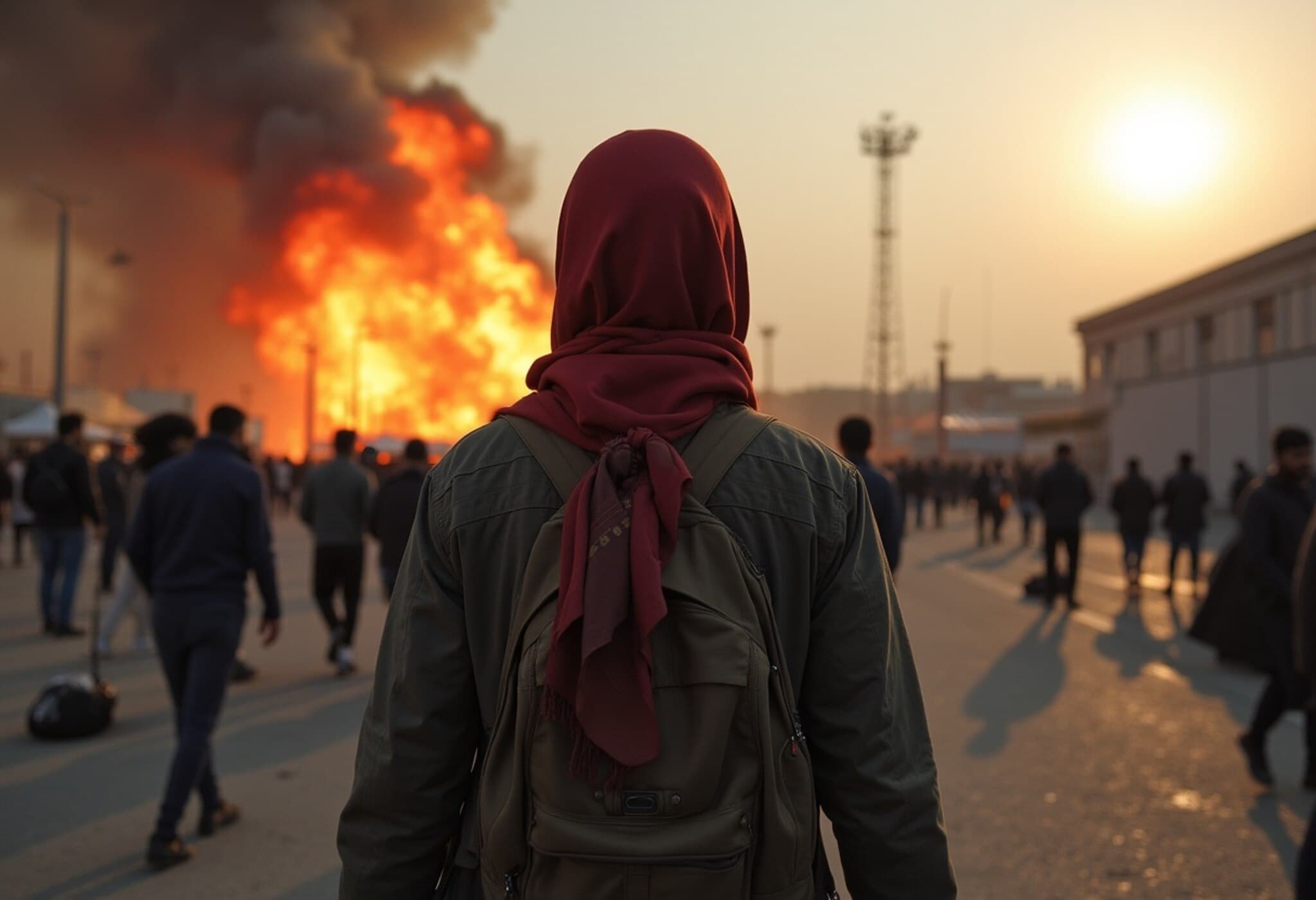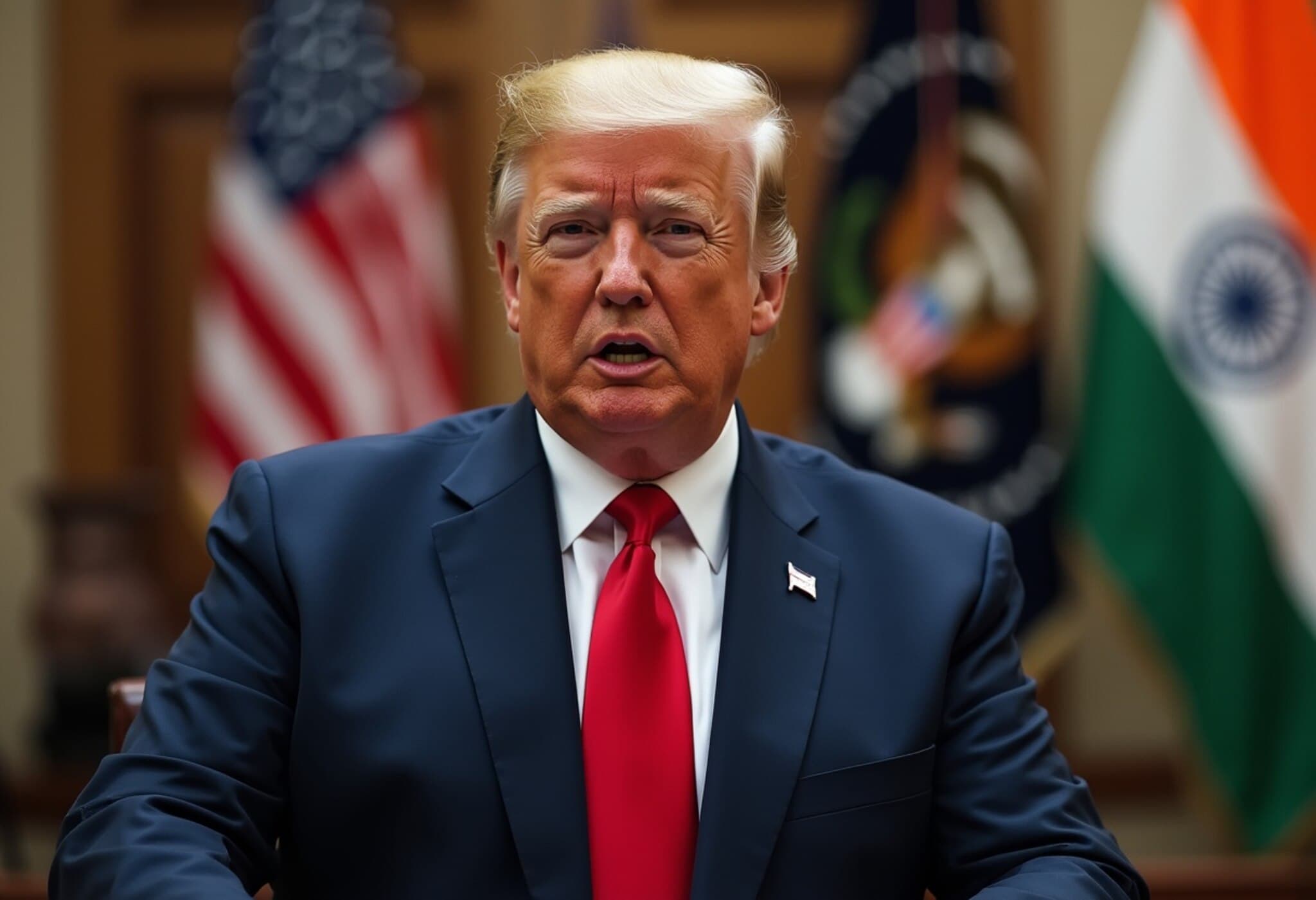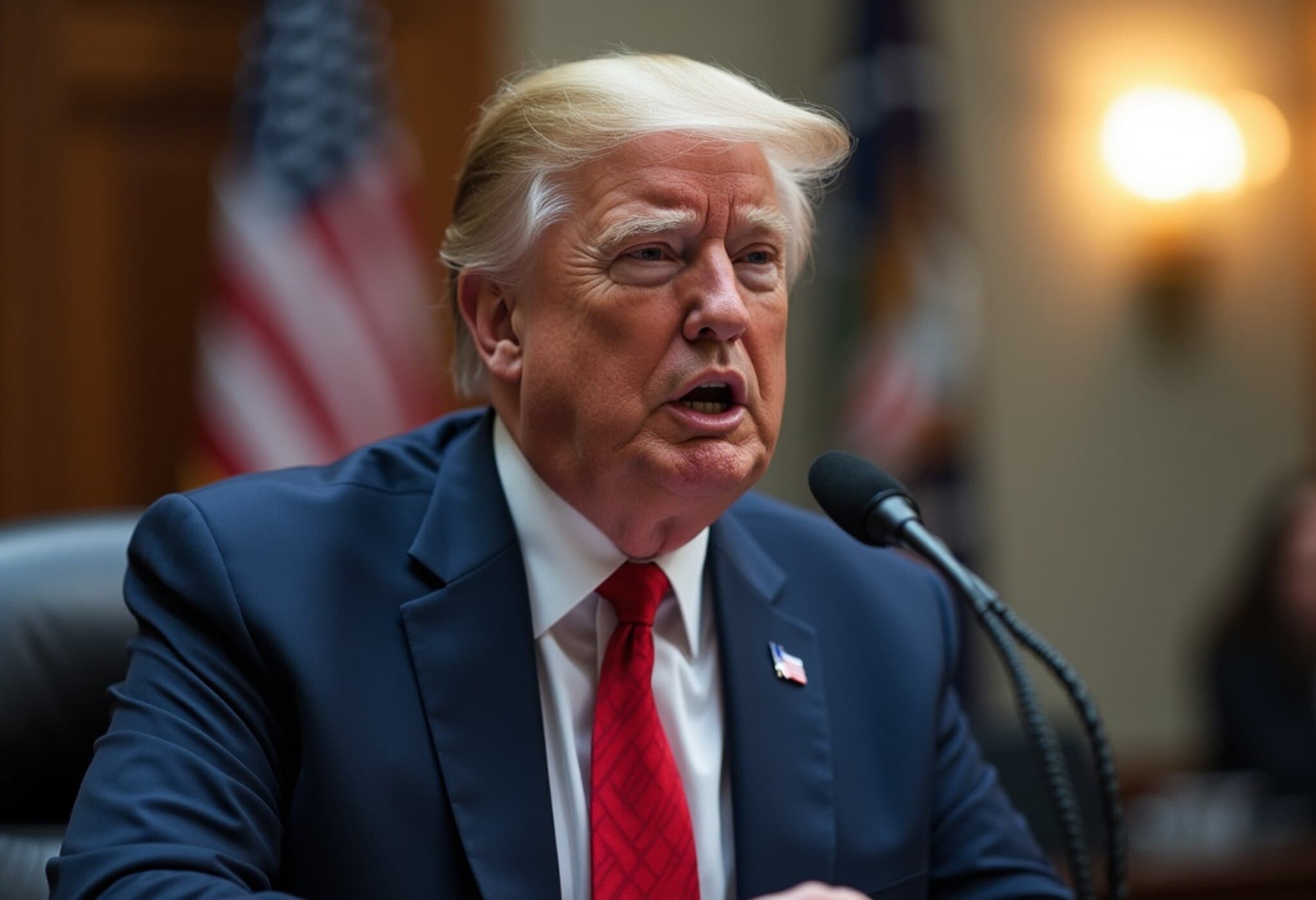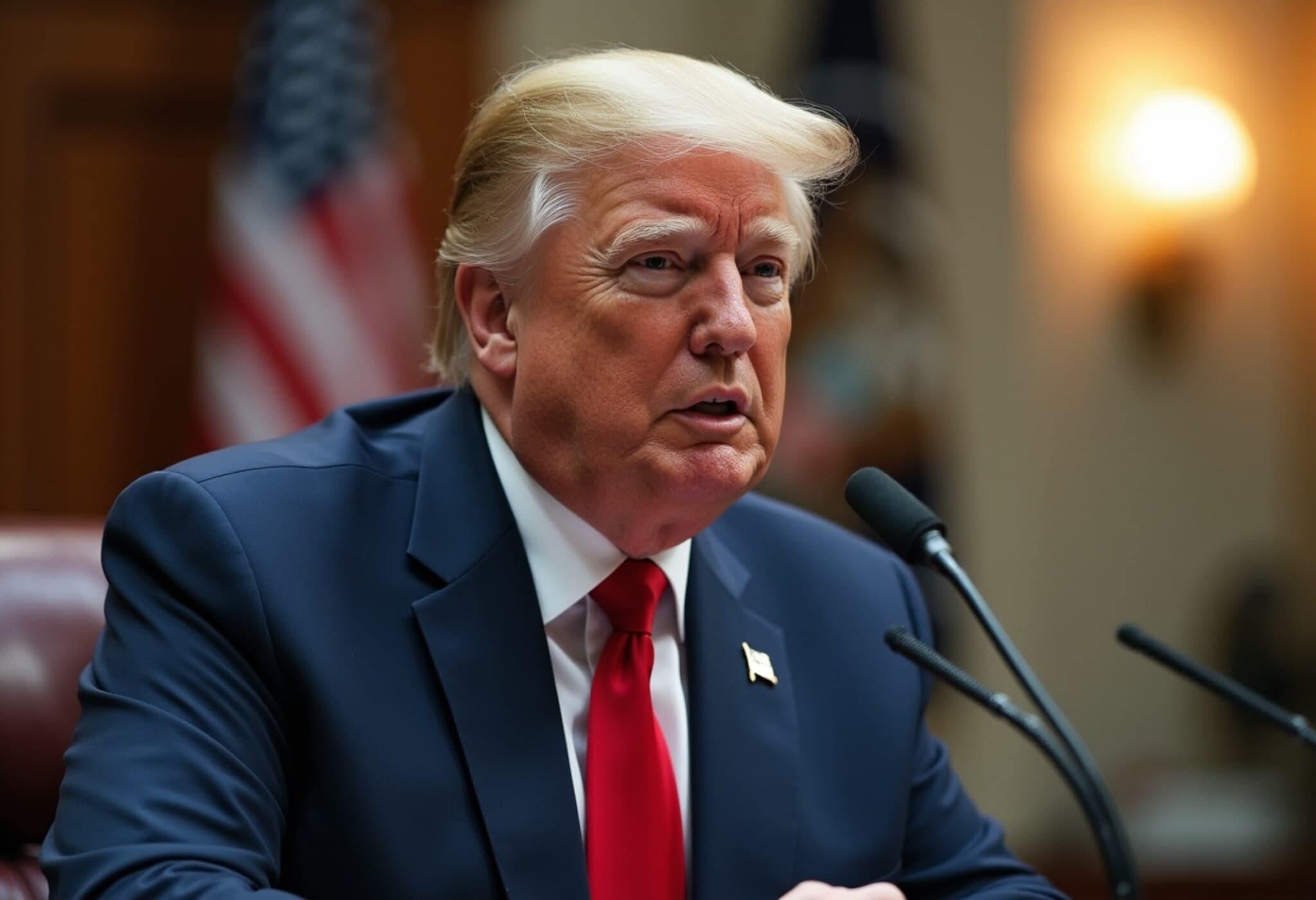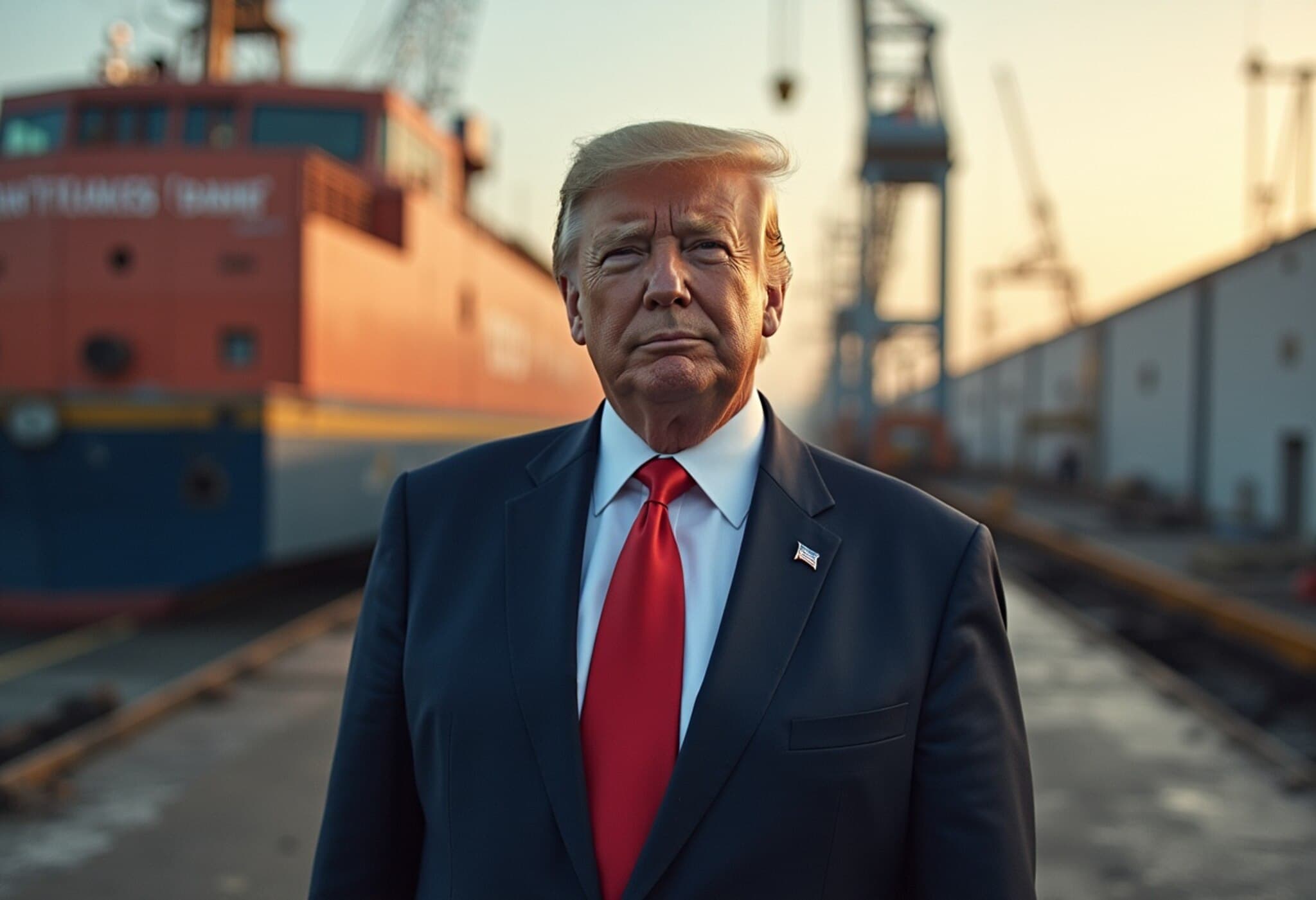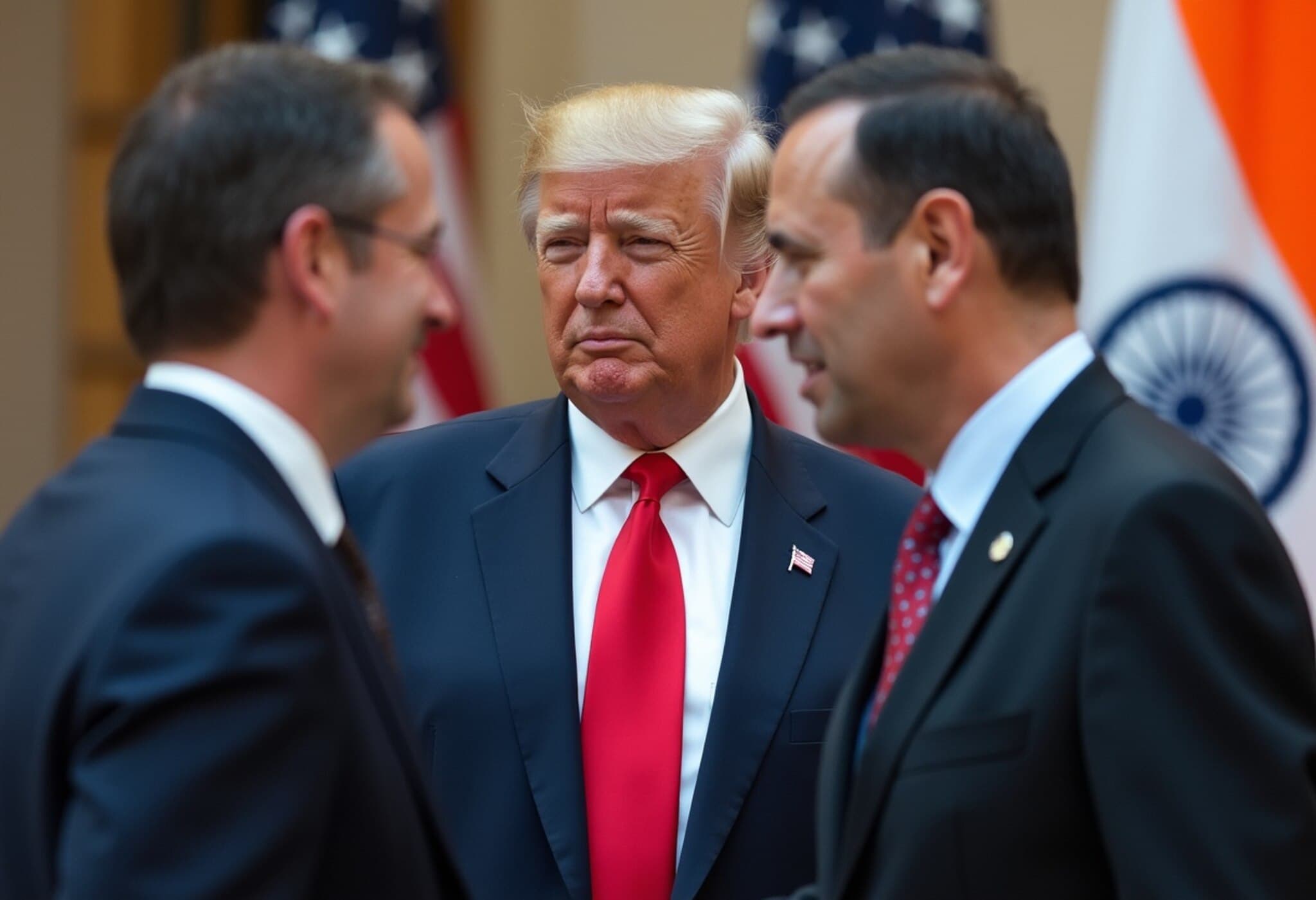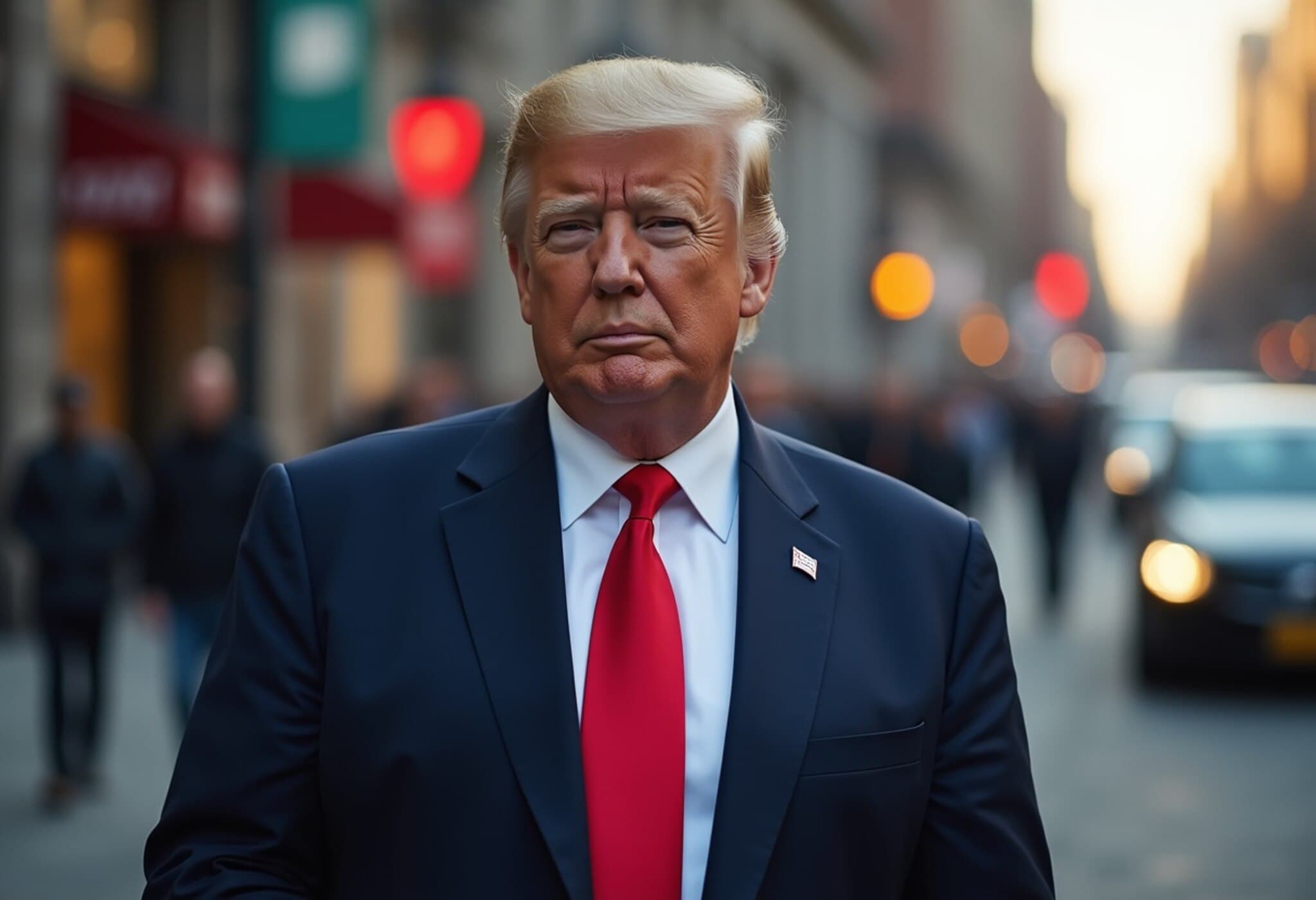US-India Tensions Rise Over Russian Oil Imports Amid Trade Tariffs
In a candid admission of ongoing frictions, US Secretary of State Marco Rubio identified India's continued procurement of Russian oil as a notable "point of irritation" in the complex bilateral relationship between New Delhi and Washington. His comments surfaced amid defense of the Trump administration's controversial imposition of 25% tariffs on Indian goods, a move largely seen as a strategic response to India's trade and energy choices.
Rubio’s Perspective on India’s Russian Oil Purchases
Speaking to Fox Radio, Rubio elaborated on the thorny issue, emphasizing the strategic yet imperfect nature of US-India ties. "India is an ally and a strategic partner," he noted, "but like any international relationship, alignment isn't absolute." He underscored the US disappointment regarding India's ongoing reliance on Russian military equipment and energy sources, which Rubio describes as enabling Russia's military activities in Ukraine.
Rubio recognized India's vast energy demands, stating, "India needs to fuel its economy like any other country. It purchases oil, coal, and gas largely from Russia because these are often offered below global market rates due to sanctions." Still, he pointed out, "Such transactions indirectly support the Russian war effort, which is a significant concern for the United States and a clear irritation in US-India relations."
Trump Tariffs: Strategic Pressure or Diplomatic Setback?
The 25% tariffs on Indian imports, rooted in the Trump administration's stance, are widely interpreted as an economic lever aiming to pressure India into reducing its dependence on Russian energy and military supplies. This tactic aligns with broader US efforts to isolate Russia amid its invasion of Ukraine. However, it complicates trade ties, especially as the US has been securing favorable agreements with other key partners such as Japan, the UK, and the European Union.
India, for its part, has expressed intent to safeguard its national interests and is currently evaluating the tariffs' implications. The nation’s diversified energy strategies and geopolitical considerations underscore the challenges in aligning fully with US sanctions and diplomatic expectations.
White House Response: Complexities in US-India Relations
A senior White House official, speaking to CNN, acknowledged the nuanced nature of the US-India relationship. "These issues won’t be resolved overnight," the official said, highlighting the complexities arising from India's membership in international groupings that include Russia, China, Iran, and others. Despite recent tensions, the US continues to view India as a crucial ally amidst global geopolitical shifts.
Contextualizing the Diplomatic Frictions
- Energy Security vs. Geopolitical Alignments: India’s vast energy needs compel pragmatic sourcing choices, which occasionally conflict with US sanctions policy.
- Strategic Autonomy: India’s pursuit of an independent foreign policy reflects its desire to balance ties with multiple global actors without fully siding with any single power bloc.
- Global Trade Dynamics: The tariffs underscore the interplay between trade policy and diplomatic leverage in the US’s broader attempt to counter Russian aggression.
Experts suggest that understanding India’s geopolitical strategy requires acknowledging its efforts to maintain regional stability and economic growth while navigating pressure from major powers like the US. The friction over Russian oil imports symbolizes the challenges in adapting long-standing bilateral ties to a rapidly shifting global landscape.
Editor’s Note
The US-India relationship stands at a crossroads where economic interests, energy security, and geopolitical strategies collide. Secretary Rubio’s frank remarks and the Trump-era tariffs reveal the strains beneath a partnership often celebrated for its potential. As the world watches, critical questions emerge: Can pragmatic energy needs be reconciled with broader strategic goals? Will trade penalties drive policy shifts or deepen divides? And fundamentally, how will both democracies navigate their respective pressures to sustain a vital alliance in an era marked by global uncertainty?
These issues demand ongoing scrutiny and informed dialogue as policymakers balance national interests with the imperatives of global cooperation.

